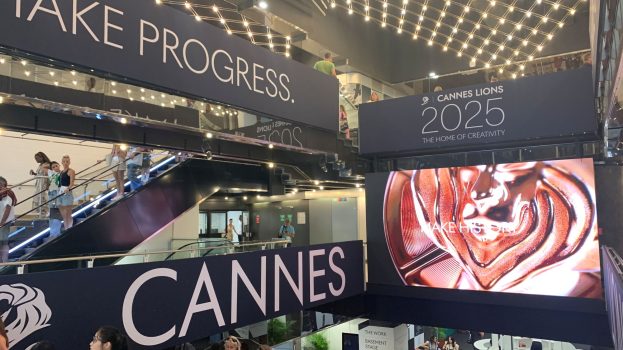By Bryan Myers
More Canadians are expected to become cannabis consumers as “cannabis 2.0” products are poised to enter the market in December, and aiding them through the purchase journey gives retailers a unique opportunity to build awareness and trust with consumers.
“In Alberta, the retail infrastructure has matured, but I don’t know if the consumer base has fully matured,” says Jon Kamin, chief revenue officer of cannabis review platform Lift & Co.
With more smoke-free options like edibles and beverages on the way, Kamin says more consumers are likely to take an interest. If they already know what they’re buying, they can go in and have a conversation with a “budtender,” Kamin says. But for emerging consumers, who don’t have the same knowledge, brands are providing the tools.
“I think the tools are out there, and retailers are giving as much access to that information as possible,” Kamin says. “But I don’t think the consumer at large knows enough yet to know what questions to ask.”
By 2025, one in five Canadian adults will be cannabis consumers, according to research from EY. Many of those, Kamin says, will look to the support of friends, doctors or a brand they recognize and respect for guidance. For virtually all retailers, building a level of trust that’s on par with friends will be key to driving traffic to stores.
Tokyo Smoke began building its retail experience three years prior to legalization. What started as making sophisticated, intentionally designed and attractive accessories that elevated “cannabis culture” the core of its positioning, says Lacey Norton, VP of retail for Tokyo Smoke, education and community are now a key entry point for new consumers. While it has released educational videos as part of online campaigns, the brand also hosts a variety of cannabis-education sessions to bring consumers into its stores. It also recently partnered with a Lush location in Manitoba to show how cannabis could be infused into bath bombs.
Earlier this month, the Government of Ontario announced its intention to open up its tight regulations, allowing producers to operate retail stores at their production facilities, offer online ordering and moving away from a lottery system for offering retail licenses. But in the meantime, because of the limited number of stores – Ontario has issued 42 retail licenses, compared to over 300 in Alberta – the market in the province is maturing with the consumer, and retail environments are focused more on efficiency than experience.
“Because Ontario has so few stores with so much demand, retailers are really geared towards turning people over as quickly as possible,” says Adam Coates, chief commercial officer for Westleaf. But in Western Canada, where Westleaf will open 20 more stores in 2020, retailers have more time to focus on customer experience and differentiate themselves – and the brands they carry.
“Retail is really the true point of connection with the consumer given all the marketing restrictions,” Coates says. “Retailers are going to end up holding a lot of the power in the industry because that’s where brands are going to connect.”
While consumers can learn about cannabis online or in-store, Coates said the biggest influencer when it comes to purchasing is from retail associates. At Westleaf’s Prairie Records shops, the retail space is designed to look and feel like a record shop. Customers can learn about cannabis from the record covers used to signify each strain, but also offers space start conversations with staff.
Lift and Co. has used the data gained from its review platform to create a “digital concierge” that can be used by both consumers and retail staff to guide someone to the right product, as well as “Cohesion,” a platform of insights into consumer behaviour and sentiment in cannabis. It also runs a retail certification program with MADD to train staff.
“Continuing to advance education and making sure retailers have some of the best-trained and well-equipped staff, those are the retailers that are going to win,” says Coates.
























